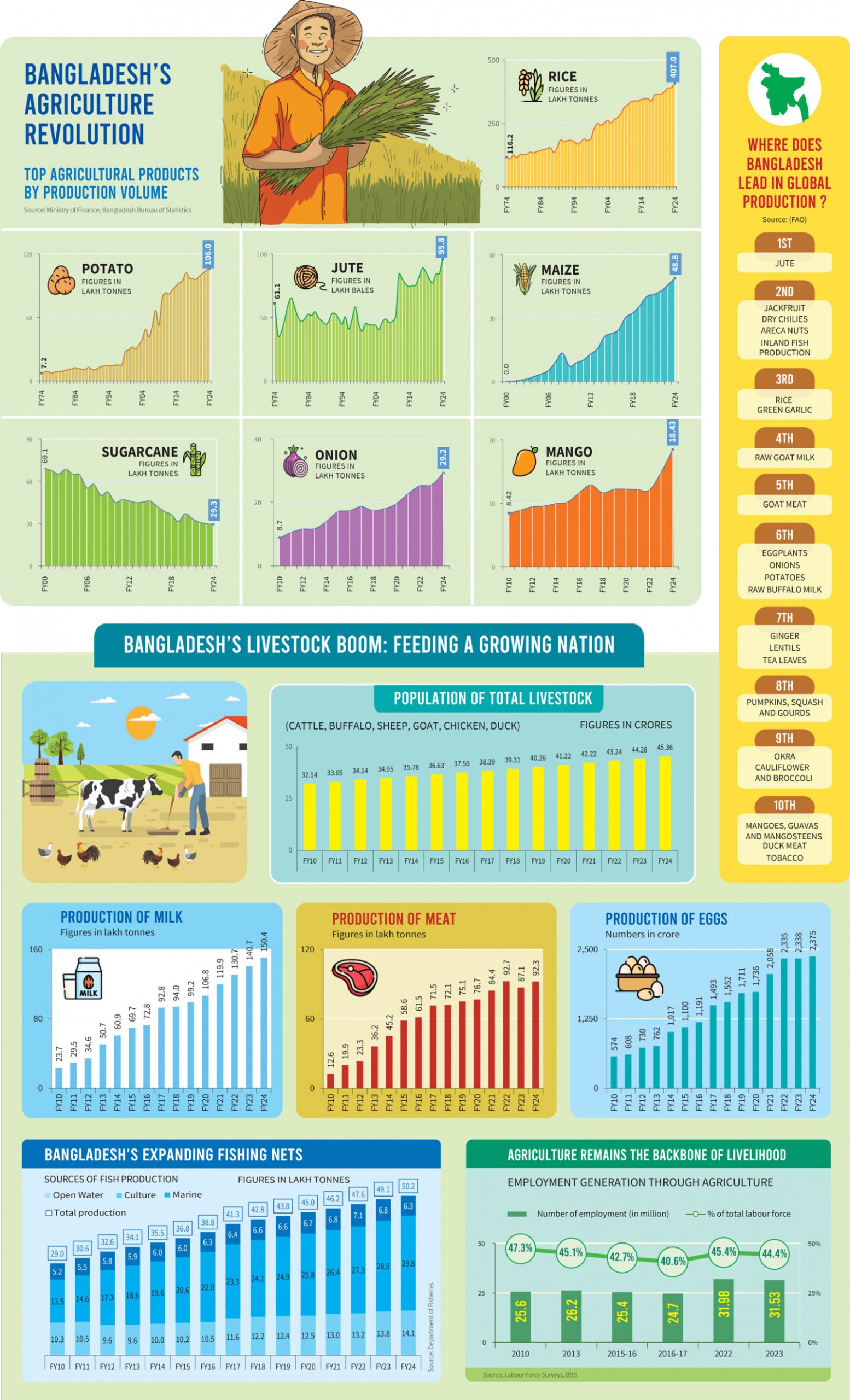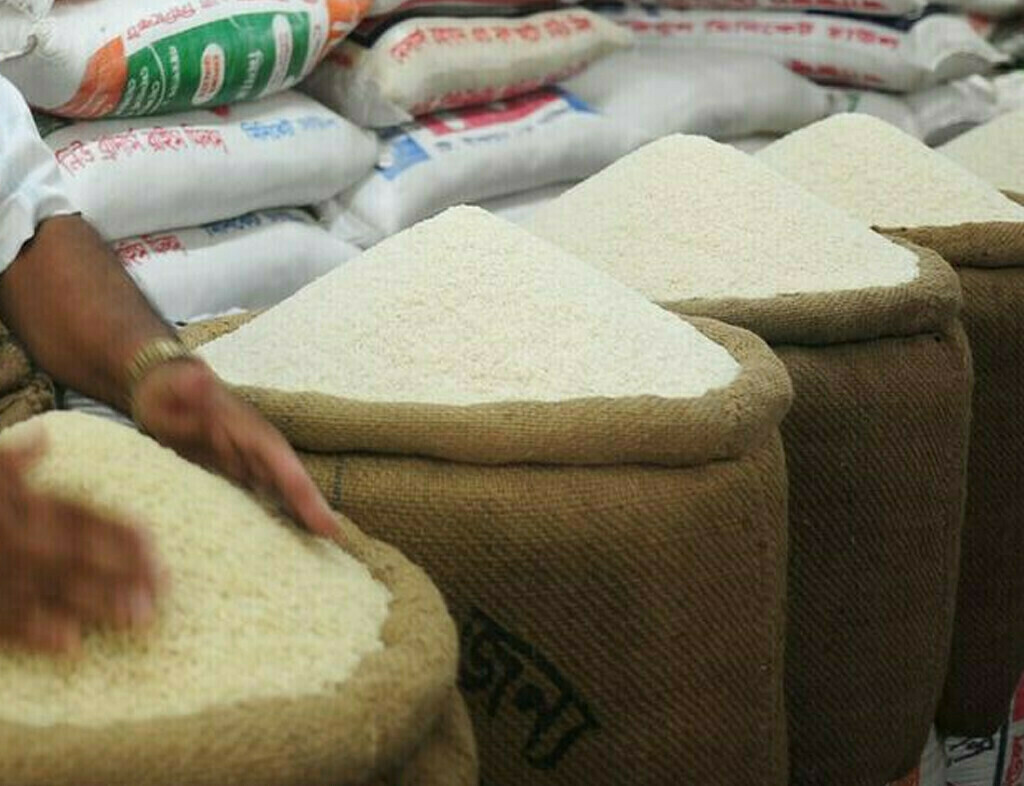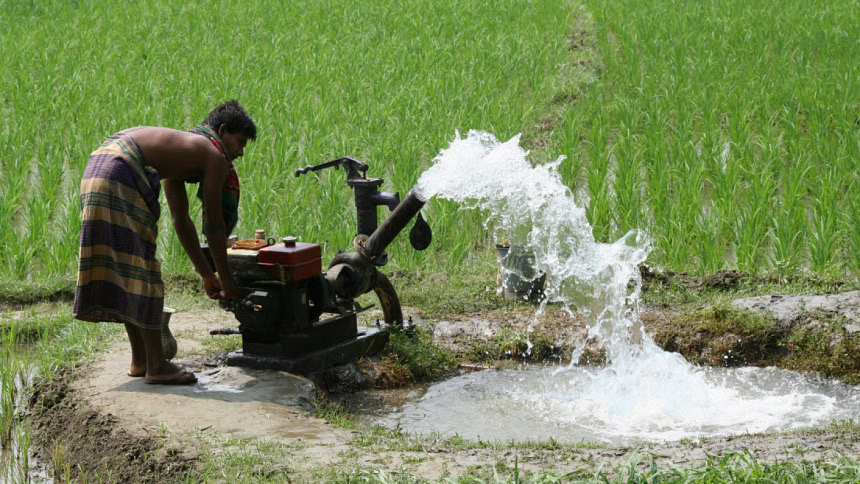Tags
Kano Rice Farmers Count Losses Over Poor Yield
Rice farmers in Kano State are lamenting the current shortage of rain, which is affecting their crops across various parts of the state. This is…

Rice farmers in Kano State are lamenting the current shortage of rain, which is affecting their crops across various parts of the state. This is coming as some farms have reached harvest period, but the yields have dried up and not yet mature.
The farmers, who are largely neighbouring the irrigation areas, said they had no water around, nor there is a well for them to water their farms. They are left hopelessly as they doubt the future of their investment, which, according to them, cost them a lot of money.
The federal government had, in the beginning of the 2023 rainy season, declared a state of emergency on food security, with a view to addressing food shortage and ensuring that the country can feed itself.
Similarly, the federal government, under the Agricultural Transformation Agenda Support Programme, phase one (ATASP-1), distributed subsidised farm inputs to over 60,000 farmers in five northern states of the country.
The intervention was in an effort to strengthen production of farm produce across the country.
However, at the midst of the rainy season, shortage of paddy struck Kano markets and other rice producing states, forcing some rice millers to shut down. The situation has led to the hike in the price of rice, where a 50kg of paddy was sold at N40,000. This has encouraged more farmers to invest heavily in rice farming.
When Daily Trust on Sunday visited some parts of the farms in Bunkure Local Government Area, they were found dry. Although the yields are vast and with large production, they are also dry and have little or no piece of rice inside.
A farmer in one of the areas, who harvested his rice last week, said although he started early so that he would harvest on time, he got only eight sacks in a place he was expecting 20 to 30 sacks.
He said the shortage of rain, coupled with its inconsistency during the peak period of the birth of the rice, was what affected the yields, adding that he is thinking of giving up on rice farming during the rainy season.
“I used a better seed and applied sufficient fertiliser on my farm. I used all the available resources and invested in the farm but ended up with eight sacks. There was no rain and my farm is not around the irrigation areas. Last year, I got 26 sacks from this farm.
“Thank God I have recovered my capital, which is around N250,000. But had I got what I expected from the farm, I would have gotten close to N700,000. That is why I am considering leaving rice farming during rainy season, unless in an irrigation area,” he said.
Speaking to our reporter in his farm, one of the farmers, Abulsalam Junaidu, said he was expecting at least 40 bags from his farm, but with the current situation, he had given up and hoping to recover his capital.
He said he invested over N200,000 in the farm and the yields are positive, but shortage of rain could not allow it to grow.
“With the way I started this year, I was hopeful of good yields. Look at the farm, the rice is everywhere, but the only obstacle is the yields are not mature. I never expected the rain to stop at the moment, but for the past 20 days we haven’t had rain. If not for last week it rained twice concurrently.
“It didn’t affect only me or only this area, many places are also affected. Like in this place, over 50 hectares are affected. It is not that we will not get anything, but it will affect the number of yields we expect significantly.”
According to Junaidu, if the rain stopped at the moment, it won’t be good for his farm as he has at least three more weeks to harvest his rice.
For Sulaiman Abubakar Sulaiman, a rice farmer in Dambatta Local Government Area of the state, his farm is seriously affected with the present shortage of rain. He said the yield was good, but it is currently affected by a rust, which is killing the crops.
“Due to the shortage of rain, my farm will not produce what I expected. What I am facing currently is that the yield is affected by rusting. All of the rice is rusting, and it happened due to lack of water. If we had wells or irrigation here, I could buy fuel; but unfortunately, we don’t have it.
“I used pesticides that are expected to cure the rusting but in vain because the rain hasn’t come. We are very lucky that last week, we had rain. But look at the weather now, it seems like Hammatan has arrived, and it will also affect the yields.”
He said with the situation so far, he would harvest his rice next week and see what he would get out of the farm.
Speaking to Daily Trust on Sunday on the reasons and possible ways out of the problem, an expert and farm consultant, Tahir Ahmad Tudun Fulani, said failure of the farmers to understand the current climate situation was what led to the problem.
Fulani, who owns a company known as Real Agro and Integrated Services, said that for the past years, farmers were finding it difficult to adapt to climate change, which has come to stay in all human endeavours, calling for more awareness and sensitisation.
He added that farmers should start looking at their soil, seeds and even fertiliser to apply in their farming, which is key to getting better yields.
“The problem we are facing, especially in rice farming, is associated with climate change. There is change in the climate and it is affecting rainfall. That is why this year came like this. The rain didn’t start on time and it didn’t stay longer.
“Farmers are being cautioned to start on time and ensure they use early yielding seeds. It is no longer an era where you would be using seeds that would pass 90 days. The measure challenge is getting the farmers to accept that climate change has come to stay so that they will begin to apply the adaptation processes.”
According to him, the way out now for farmers is to apply pesticide whenever they notice the rusting on their yields, which is as a result of shortage of water. He said if the rusting stayed longer without any action, it would affect the rice and would never be useful again.
“Now that it took a long period without rain, farmers should just wait and be prayerful to get at least what they have invested. For the rice that was affected by the rust, it may be sold at the market since they are using kilo and the market is in need of the paddy.”
He called on the government and other stakeholders to channel their attention towards sensitising the farmers on climate change and their effects on agriculture, as well as the processes of adaptation and mitigation for a better farming system in the country.
“It is high time that farmers, especially at grassroots, were aware of climate change and how it is affecting farming. The process is changing and we can’t continue that way. There is a need for farmers to understand the changes and get rid of the conservative system of farming.
“The government should also strengthen its research on seeds. There should be modernised seeds that are climate-friendly and can help in achieving our goal of feeding the country.”
https://dailytrust.com/kano-rice-farmers-count-losses-over-poor-yield/Published Date: October 15, 2023






